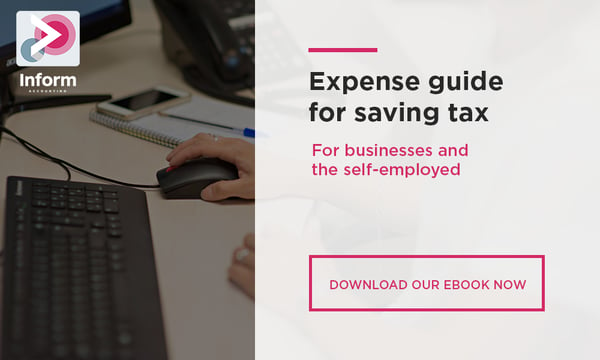BLOG
Open Banking- a positive change for the banking industry

By now you’ve probably heard a number of terms floating around in the news and finance sector; open banking, PSD2, and the fact that the way your financial data is controlled and processed is changing across the finance industry. So, with all this change imminent, we thought it important to give a breakdown of what it all means, and how you’re likely to be affected.
What is Open Banking, and how does it work?
Put simply, open banking is based on Application Programming Interfaces (APIs), a secure way to send information between different pieces of software i.e. your bank and other approved and regulated financial service providers.
As an example, if you give your consent to regulated third parties like Xero, you’ll use your online banking credentials to log into your account and approve the request for access. Xero will not be able to see your username or password (this is handled by your bank directly), and it will have “read only” access, so they will not be able to move money or make payments.
This allows faster and more secure access to your financial data, so that you can benefit from greater control of your data i.e. it is not withheld by your bank.
Xero and Open Banking
One aspect of PSD2 (the Second Payment Services Directive), Strong Customer Authentication (SCA) was due to take effect from 14th September this year. However, due to concerns over the readiness of banks for this change, the Financial Conduct Authority (FCA) only 4 weeks ahead of the deadline date, announced an extension to the implementation period.
The FCA has granted a six month ‘adjustment period’ for banks to implement open banking feeds in order to limit disruption to businesses.
So what does this mean for your bank feeds?
This means a large number of banks using the existing Yodlee feeds will be able to continue to use these until 14th March 2020. Between now and then, banks will be working hard to introduce feeds compliant with the open banking rules, which will become available in stages over the coming months.
The good news is that Xero are in constant talks with financial service providers to ensure all customers are kept up to date when new feeds are expected to become available. Check when you can expect to see a feed for your bank on Xero’s bank feed status list.
The key date to worry about right now is 24 September, which is when Yodlee feeds are scheduled to be turned off for Nationwide, RBS, NatWest and Ulster UK (it was 12 September, but that's now been extended by 12 days). Affected users will be prompted in Xero on their dashboard to switch to a new direct feed by this date.
On the other hand, banks like HSBC, First Direct and M&S have direct feeds available now – and we recommend people switch now – but they won’t actually close off the Yodlee connection until 14 March 2020. However, that Yodlee experience is likely to come up with issues, including the requirement to refresh daily, as they will likely focus their time and effort into supporting the new direct feed. Customers won’t be prompted in Xero to do this, but you can opt to switch within Xero.
Unfortunately, a specific date for Barclay’s feeds are as yet unknown, however we can expect them to become available around February 2020, and Yodlee feeds will continue to work until then.
Once you’ve connected your bank account to the new open banking feeds, you’ll be required to reauthorise the connection every 90 days as a security measure.
What if your feeds stop importing?
Not all bank accounts will have a new feed available. If your feed stops working, you’ll need to upload your bank statements into Xero manually. Click here for a quick video on how to import bank statements into Xero, or alternatively if you’re interested in our bookkeeping service please get in touch with your Account Manager who will be more than happy to help.
The Future of Open Banking
A study conducted by Xero found that 37% of small business owners have considered closing their company due to cash flow issues. Open banking aims to make it easier for new products to come to market that can offer more innovative solutions to help businesses succeed.
Already we are seeing capital providers like Funding Options and Capitalise using Open Banking as a means to assess businesses creditworthiness, awarding loans and credit facilities to businesses faster than ever before - so watch this space!
Useful resources:
- Open Banking eBook
- FAQs on Open Banking
- Xero Blog: Open Banking and PSD2 - an update
- Xero Blog: Open Banking: No Pain, no gain
- Xero’s Open Banking Resource Centre
All dates correct at time of publishing.
Call us on 0121 667 3882 or email hello@informaccounting.co.uk to talk to our experts today.
Read more of Inform's tax blogs:
How will a 'No Deal' Brexit affect EU trading?
VAT rules are changing for builders- but good news, there's a delay until 1 October 2020!
Selling into America? Here’s what you need to know about ‘Sales Tax Nexus’…




.jpg?width=1500&height=1000&name=amy-hirschi-K0c8ko3e6AA-unsplash-(5).jpg)

